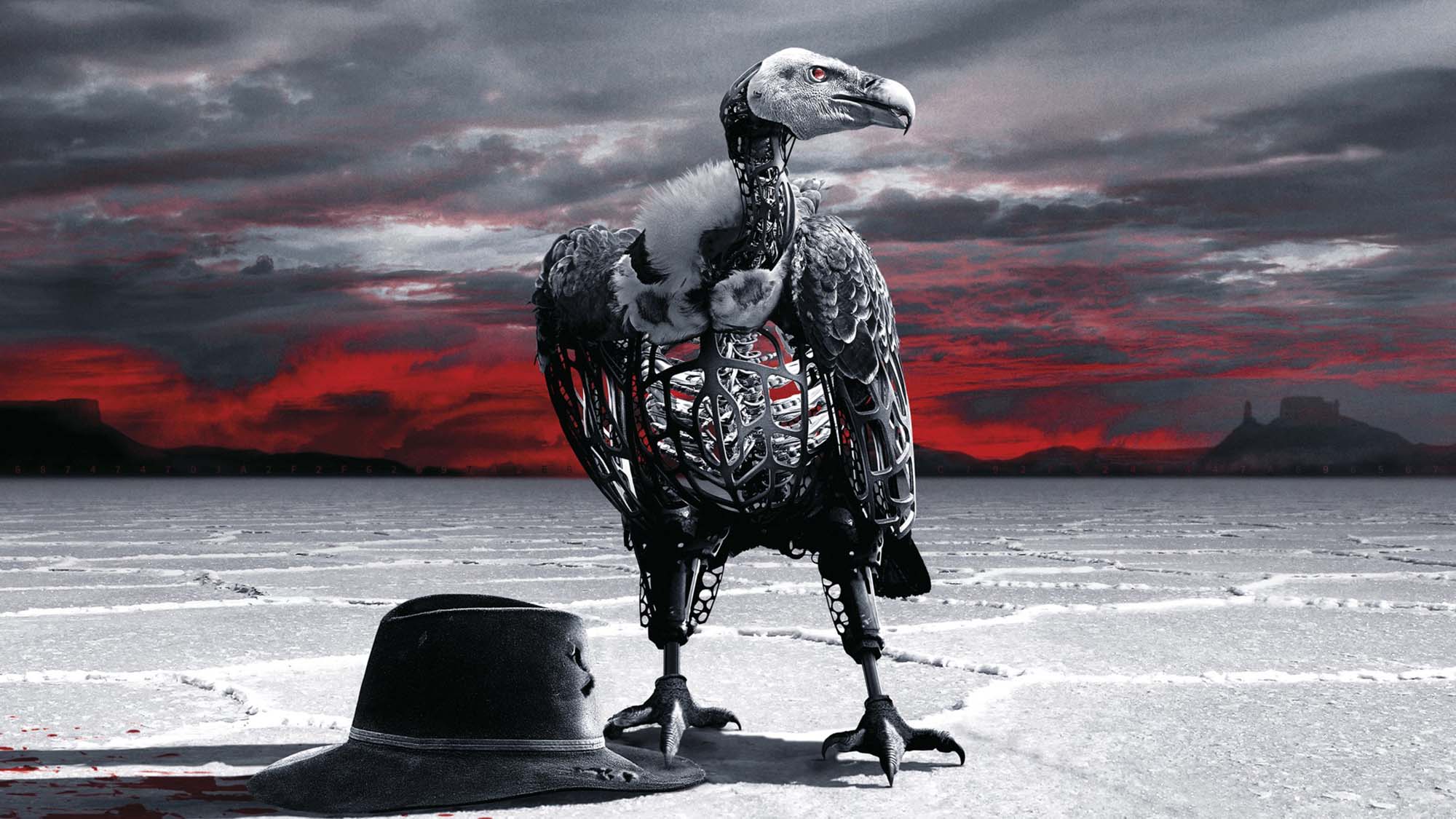
Does AI dream of electric sheep? ‘Westworld’ season 3 and AI in pop culture
Westworld offers plenty of the philosophical conundrums that make it one of the best series on television. Its first season explored the theme of AI in a highly unique way, so we’re taking a good look at those ten episodes’ treatment of AI that eschewed the insidious horrors of Black Mirror and Her and avoided the standard technofear narratives of The Terminator and Avengers: Age of Ultron.
By looking at the differences between the 1973 film version of the Michael Crichton story and comparing it with the more recent HBO show, a number of issues pop up that reflect changes in technology and our response to it.
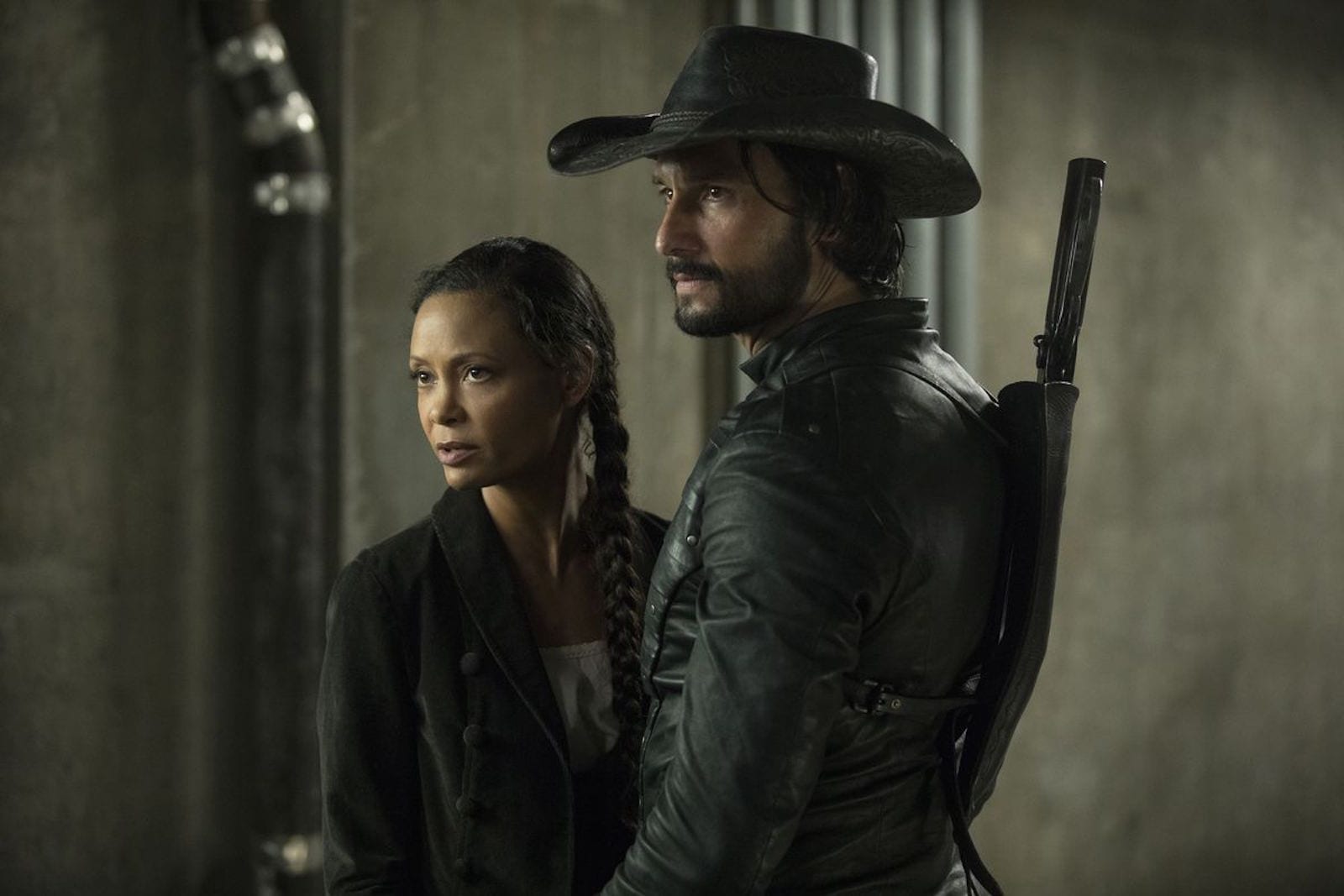
Separated by 43 years, the film was a standard techno-thriller and a precursor to films such as The Terminator and Blade Runner in that it focused on the notion (still the presiding motif of the techno-horror), that we will be threatened or enslaved by our creations.
The film eventually leads to the robots running amok as they start killing guests and the story becomes a survival / escape horror. The villain of the piece is the android named The Man in Black, played by Yul Brynner (The Magnificent Seven), and the film follows its methodical chase as it uses its inbuilt technology to keep track of its prey.
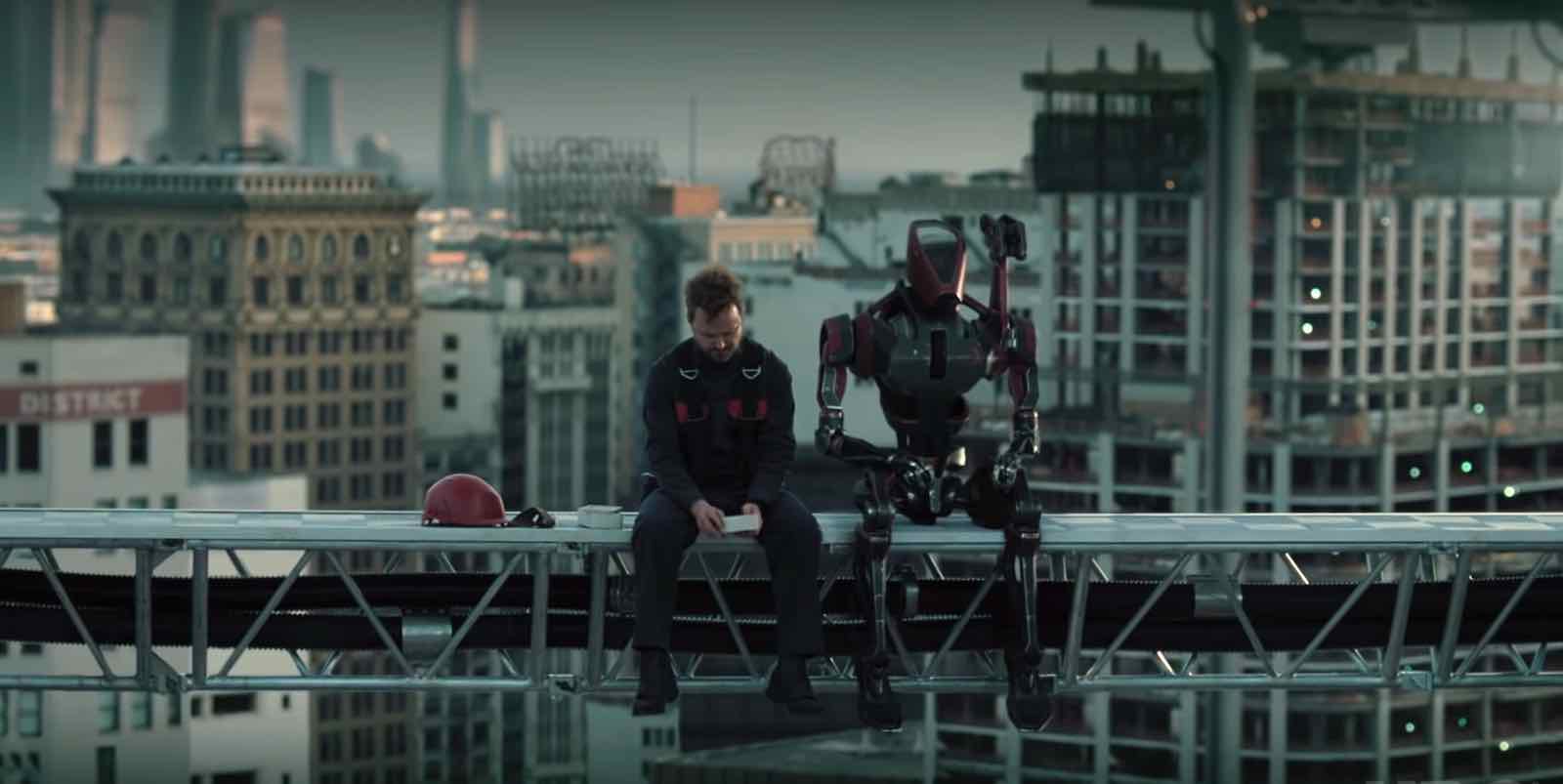
If the film is a human story of survival, the TV show is a story of man’s arrogance and of AI becoming aware. If science fiction is nothing else, it’s a genre that looks at speculative notions of technology, so the 2016 show was well timed to examine current thinking.
The episodes delve into deeper themes of various ethical and moral dilemmas as well as bringing up a wide variety of philosophical questions. As a blank slate for discussion of gender and hedonism, Westworld allows for plenty in the way of hot takes and analysis.
As AI and automation continue to have more and more significance in our lives, the show has important questions to explore, and by bringing these questions to a more mainstream audience, Westworld serves to spread the idea of these questions at a time when they need to be seriously considered.
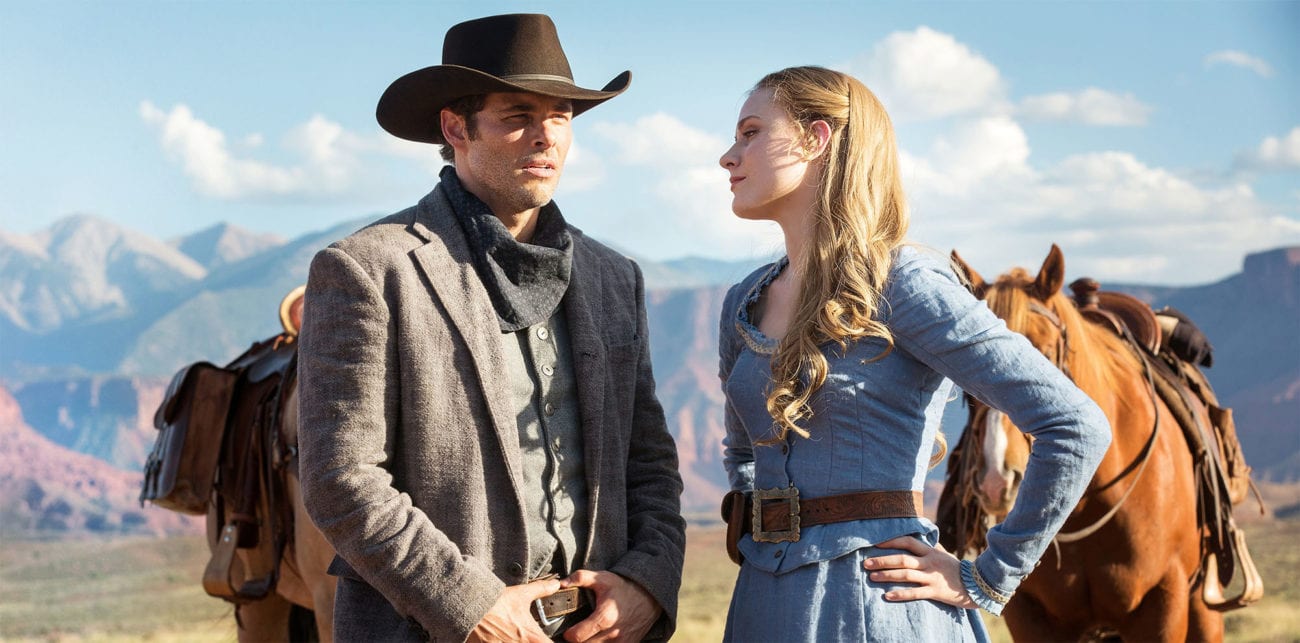
The show’s central theme is the conflict between the human propensity of exploiting the powerless and the equally human tendency to try and elevate ourselves to rise above this exploitation through empathy and decency.
The robotic hosts of the show are shown to have memories and dreams, meaning the world they live in is a constant cycle of torture, pain, and death. As a result, the audience’s sympathies are more clearly aligned with the non-human characters. That’s a bit of a change from the 1973 film.
The climax of the show brings with it hosts in various states of self-awareness as they begin their assault on the park, indicating that a full-on war with humanity is due, in turn reflecting the key themes of the 1973 version as man fights to survive against his creation.

So at its core, the show gives audiences the same fears of technology and explores what will become of us as AI becomes more prolific and relevant in the real world.
The characters of Dolores (Evan Rachel Wood) and Maeve (Thandie Newton) go through their stages of innocence, reflecting a childlike helplessness that is reflective of other interpretations in recent films like Chappie and I, Robot (the odd film adaptation rather than the wonderful Asimov originals).
Dolores takes her education through the park itself, exploring the world she has been designed for, while Maeve instead gains access to the real world and begins educating herself about what lays outside of the park. By the final episode of season one both hosts are more than mere machine.
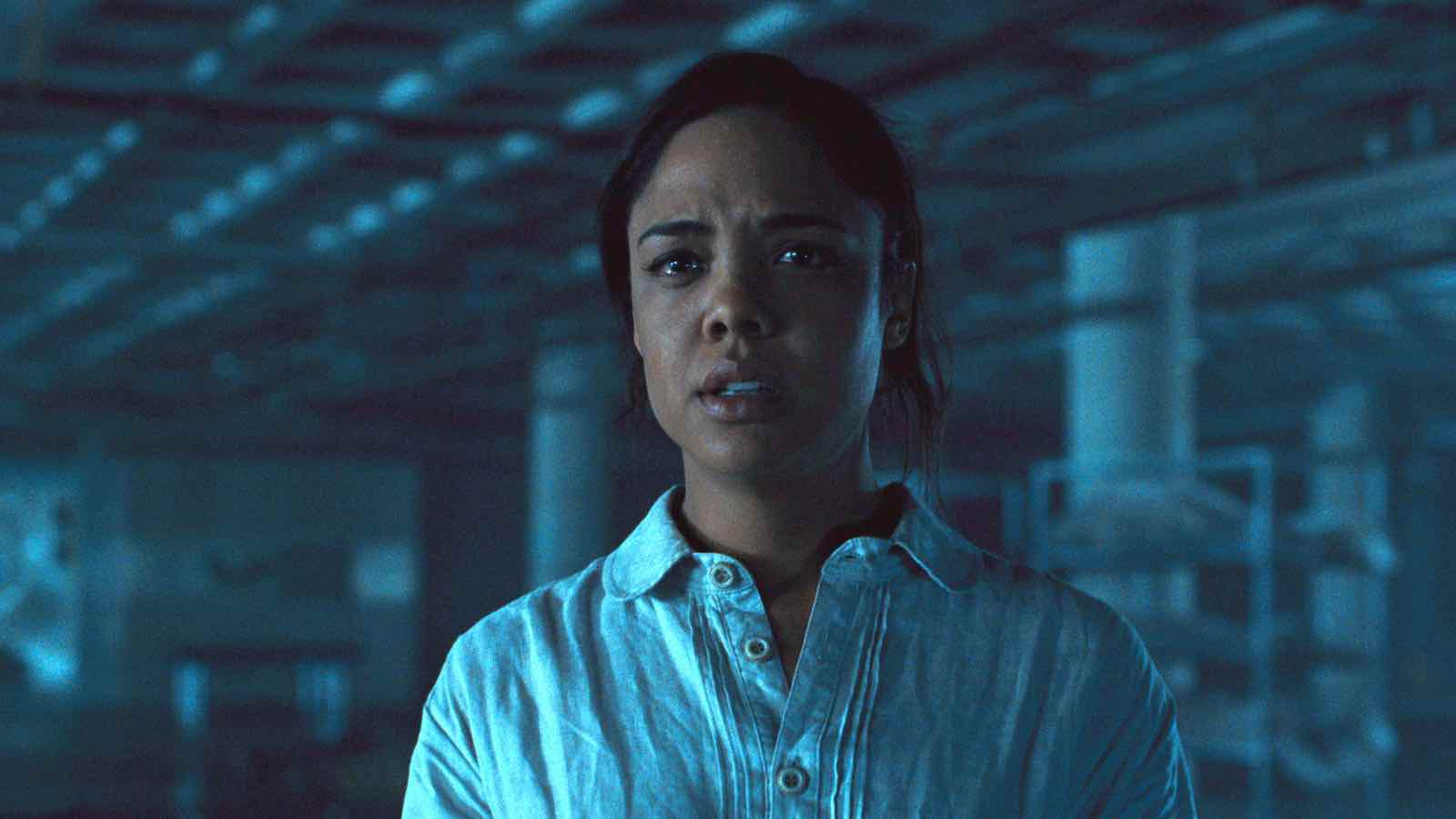
Yet the show strays far from the overall implication of the film, as the story becomes one of an uprising. It’s no coincidence that the visitors to the park can play American Civil War, as the hosts in the park are themselves slaves to human masters. Maeve and Dolores are the revolutionaries, with Ford’s death the moment of revolution currently being explored in season two.
Perhaps the most telling difference between the film and the 2016 TV remake is the persona of the Man in Black. Rather than the epitome of the robot gone insane, in the TV show the Man in Black is human – a very clear indication that it’s the humans who are the villains. The fear becomes not what will be done to us, but what we will become.
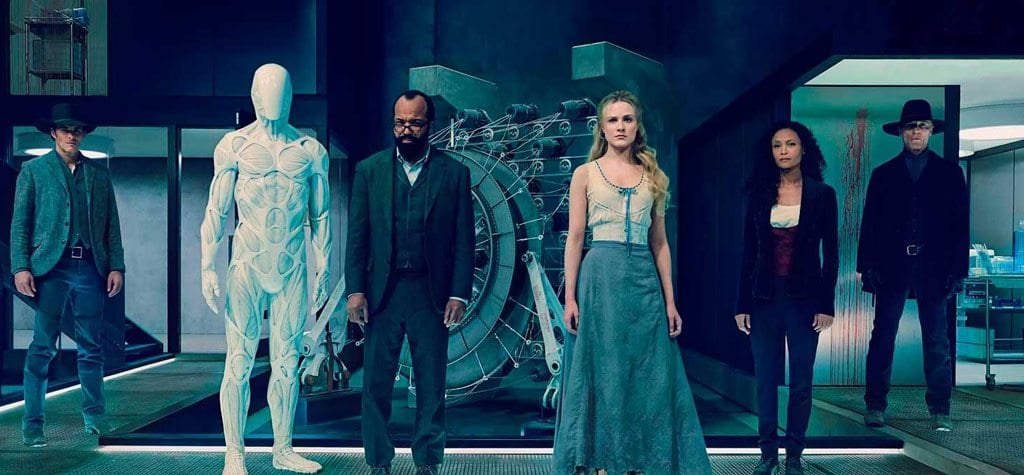
Unlike the unstoppable, emotionless killing machine of the cinematic version (and the variety of terminators that followed), Dolores and Maeve are shown with emotional and empathic responses as they progress through their own personal mazes on the journey to self-awareness. Maeve is more dismissive of humans, sneering when a technician suspects he may be a robot as she assures him with contempt that he’s not.
Maeve, as well as some of the hosts she recruits to her cause, are forced to alter their perception of their creators as Gods. Rather, these hosts epitomize the superiority complex of other AI representations in WarGames and Agent Smith in The Matrix movies in that they see us, understand us, and realize they are better than us. On the surface, Skynet is alive and well it seems.

However, Maeve still shows emotional responses to events and the show is clearly distancing itself from the simplistic narrative of the unfeeling killing machines of previous AI incarnations. In one of the more literal scenes, the show seems to imply Maeve has a soul when one of the technicians working on repairing injured hosts is shown fixing a robotic sparrow.
When he gets it to work, the bird flies around the lab and lands on Maeve’s finger as she’s just woken up in the real world. In lore, sparrows are psychopomps guiding souls between the worlds of the living and the dead. The implication being that the hosts are not merely imitating life, but are in fact alive.
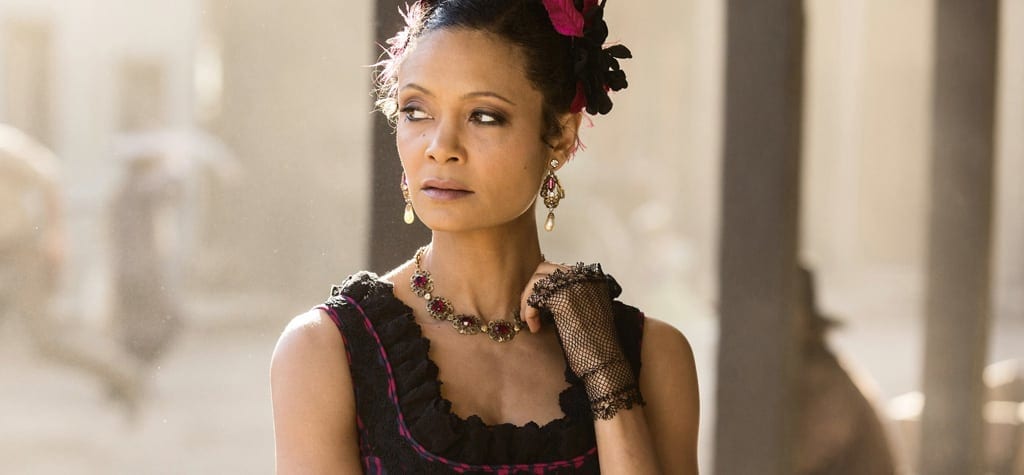
There are no easy answers in Westworld, as it doesn’t simply follow the narrative of the bad AI that must be fought to ensure our survival. Instead, it ponders the nature of our legacy and whether it will be one well regarded or loathed.
AI is becoming more and more a part of our lives and as things stand at the moment, the general consensus in pop culture is that AI is inevitably going to turn on us in the manner of Skynet, Ultron, or Ava in Ex Machina. There have been positive representations of AI in pop culture, but for every R2-D2 there’s a False Maria, for every Data there’s a HAL.

With the recent announcement of an Amazon TV adaptation of the AI-heavy Culture series by the late Iain M. Banks, perhaps we’re going to be granted yet more alternatives to the evil AI trope. A more consistent presence in pop culture will help humanity come to terms with the possibilities of the technology by portraying different sides of the discussion.
The answer is storytelling that shows positive and negative possibilities that may occur through implementation of AI, and Westworld offers plenty in the way of discussion regarding how we move forward in our relationship with increasingly relevant technologies.







